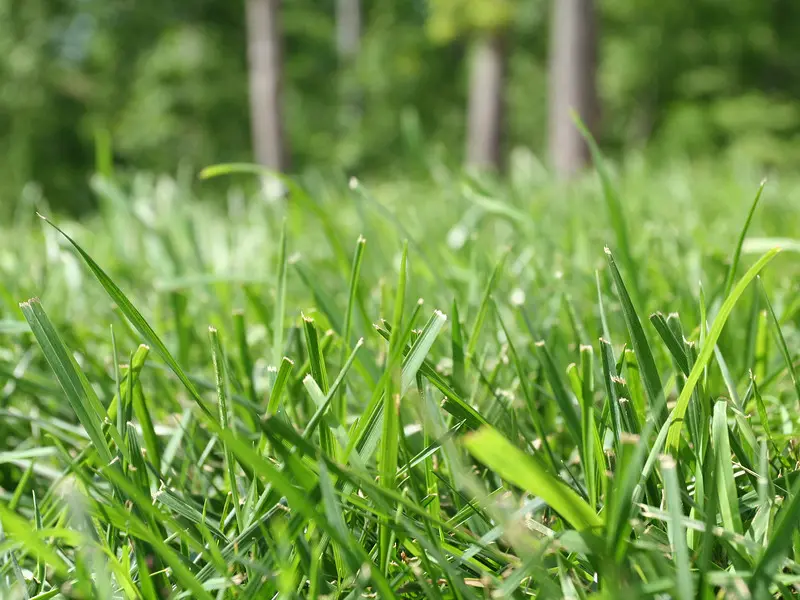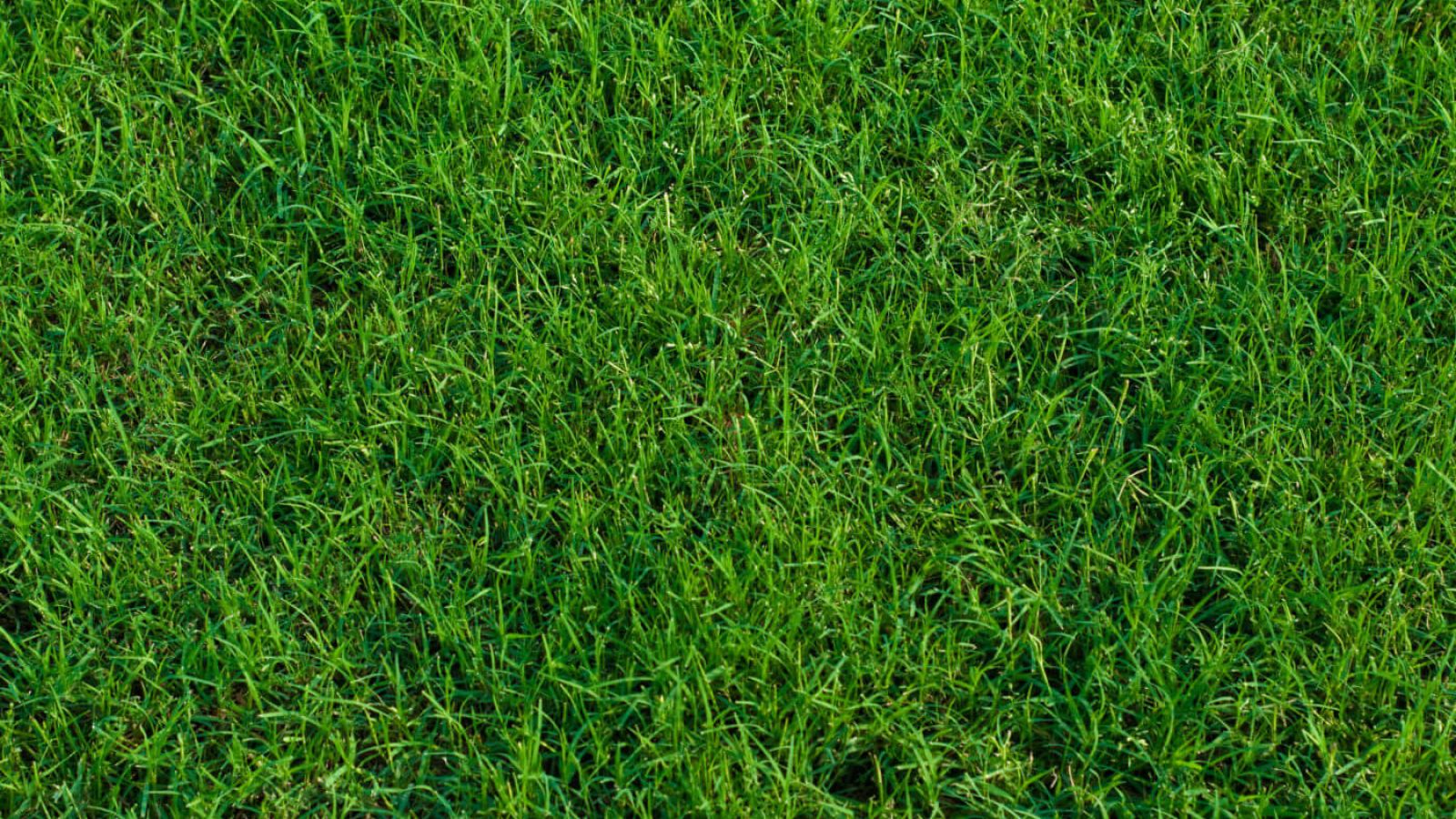What is Bermuda Grass?

INTROUDCTION
Bermuda grass, also known as Cynodon dactylon, is a popular warm-season perennial grass species widely cultivated for its durability, lush appearance, and adaptability to various climates. This resilient grass species thrives in warm, tropical, and subtropical regions, making it a favored choice for lawns, sports fields, golf courses, and erosion control. Its remarkable tolerance to heat, drought, and foot traffic makes it a versatile and low-maintenance option for landscaping purposes.
Understanding Bermuda Grass Characteristics
Bermuda grass possesses several distinctive characteristics that contribute to its widespread popularity and usage. Its fine texture, vibrant green color, and dense growth habit create a visually appealing and luxurious turf. Additionally, exhibits rapid growth and recovery, allowing it to quickly repair damage caused by environmental stressors or regular use. Its deep root system enhances soil stability and erosion prevention, making it an excellent choice for landscaping projects in areas prone to soil erosion.

Key Features of Bermuda Grass
Bermuda grass offers numerous features that make it a preferred choice for landscaping and recreational purposes:
Drought Resistance: Bermuda grass demonstrates exceptional resilience to drought conditions, enabling it to maintain its lush appearance even during periods of limited water availability.
Heat Tolerance: This grass species thrives in hot climates, withstanding high temperatures without sacrificing its vigor or color.
Low Maintenance:
requires minimal upkeep compared to other turfgrass varieties, making it an ideal option for homeowners and landscape professionals seeking a low-maintenance lawn solution.
Versatility: From residential lawns to professional sports fields, adapts well to various environments and soil types, offering versatility in landscaping applications.
Benefits of Bermuda Grass in Landscaping
offers a multitude of benefits for landscaping projects, making it a top choice among homeowners, landscape architects, and turfgrass professionals. Whether used for residential lawns, commercial landscapes, or recreational areas, delivers exceptional performance and aesthetic appeal.
Versatile Applications:
Whether installed as a turfgrass for lawns, athletic fields, or golf courses, Bermuda grass adapts well to different usage scenarios, providing versatility in landscaping design and functionality.
The dense growth habit and deep root system of Bermuda grass help stabilize soil and prevent erosion, making it an effective solution for erosion-prone areas such as slopes, embankments, and coastal landscapes.
Cultivation and Maintenance Tips for Bermuda Grass
Successfully cultivating and maintaining Bermuda grass requires attention to key factors such as soil preparation, watering, fertilization, and mowing practices. By following proper care guidelines, homeowners and landscape professionals can ensure optimal growth and performance of lawns and landscapes.

Soil Preparation:
Before planting Bermuda grass seeds or sod, it is essential to prepare the soil adequately by removing debris, weeds, and rocks. Loosening compacted soil and incorporating organic matter can improve soil structure and drainage, creating an ideal environment for establishment.
Watering Regimen:
During the initial establishment phase, requires consistent watering to promote root development and turf establishment. Once established, it is crucial to implement a deep and infrequent watering schedule to encourage deep root growth and drought resistance.
Fertilization: Applying balanced fertilizers with nitrogen, phosphorus, and potassium helps promote healthy growth and vibrant color in . It is advisable to conduct soil tests to determine nutrient deficiencies and adjust fertilizer applications accordingly.
Mowing Practices:
Regular mowing is essential for maintaining at the desired height and density. To prevent scalping and stress on the turf, it is recommended to mow at a height of 1 to 1.5 inches for residential lawns and 0.5 to 1 inch for sports fields and golf courses.
Pest and Disease Management:
Monitoring for common pests and diseases such as armyworms, grubs, and fungal infections is essential for preventing damage to turf. Utilizing appropriate cultural practices and applying targeted pest control measures can help mitigate pest and disease pressure effectively.
Frequently Asked Questions (FAQs)
Q: How fast does Bermuda grass spread?
spreads rapidly through above-ground stolons and below-ground rhizomes, enabling it to establish dense turf coverage within a short period, typically ranging from a few weeks to several months, depending on environmental conditions and cultural practices.
Q: Is Bermuda grass suitable for shaded areas?
While prefers full sun and thrives in bright, sunny conditions, it may struggle to thrive in heavily shaded areas with limited sunlight. In shaded environments, may exhibit reduced vigor, thinning, and susceptibility to weed invasion, necessitating alternative turfgrass options for shaded landscapes.
Q: How often should I water Bermuda grass?
During the establishment phase, requires frequent watering to keep the soil consistently moist. Once established, it is advisable to water deeply and infrequently, providing approximately 1 to 1.5 inches of water per week, depending on soil moisture levels and weather conditions.
Q: Can Bermuda grass tolerate foot traffic?
Yes, is well-known for its exceptional tolerance to foot traffic and heavy use, making it a popular choice for sports fields, parks, and recreational areas. Its resilient nature allows it to recover quickly from damage caused by foot traffic, ensuring a durable and visually appealing turf surface.
Q: How do I control weeds in Bermuda grass?
Implementing proactive weed management strategies such as proper mowing, fertilization, and irrigation practices can help minimize weed competition and maintain the health and integrity of turf. Additionally, applying pre-emergent and post-emergent herbicides targeting specific weed species can effectively control weed infestations in lawns and landscapes.
Q: Can Bermuda grass be grown from seed?
Yes, can be grown from seeds, sod, or sprigs, depending on the desired method of establishment and project requirements. When planting seeds, it is essential to follow proper seeding rates, soil preparation techniques, and watering regimens to promote successful germination and establishment of turfgrass coverage.
Conclusion
In conclusion, Bermuda grass stands out as a versatile, resilient, and visually appealing turfgrass species suitable for a wide range of landscaping applications.





